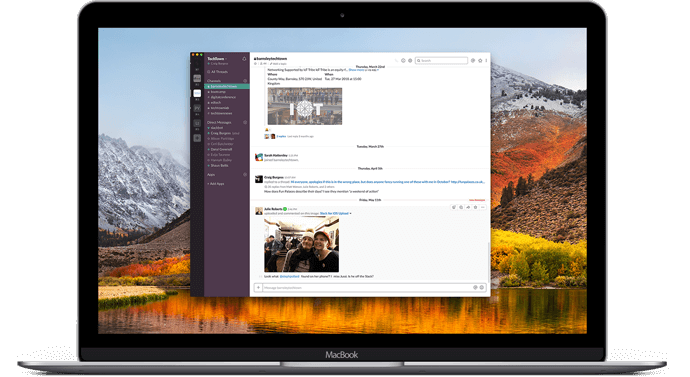‘Workspace, cities and a tech future’: registration opens for the next TechPlace event
Expert insights into the constantly evolving, dynamic role of place-based tech hubs in EU cities
As registrations open for the next URBACT TechPlace event on 29 March 2022, project leader Barnsley Digital Media Centre’s Tracey Johnson sets the scene. Explore the place-based impacts of Covid on tech communities and their workspaces, with examples of good practice in URBACT cities…
In the first summer of Covid, an enquiry came through the recently installed web chat function of a tech hub and workspace in the north of the UK. A new technology startup was looking for a place to call home, and the founder lived right there in the city of Barnsley. He’d been in lock-down, googling like the majority of the world. His ambitious financial services company was looking for a base as it entered a key part of its growth journey, trying to move from early stage funding and prototype to seed funding, regulatory approval and a full launch.
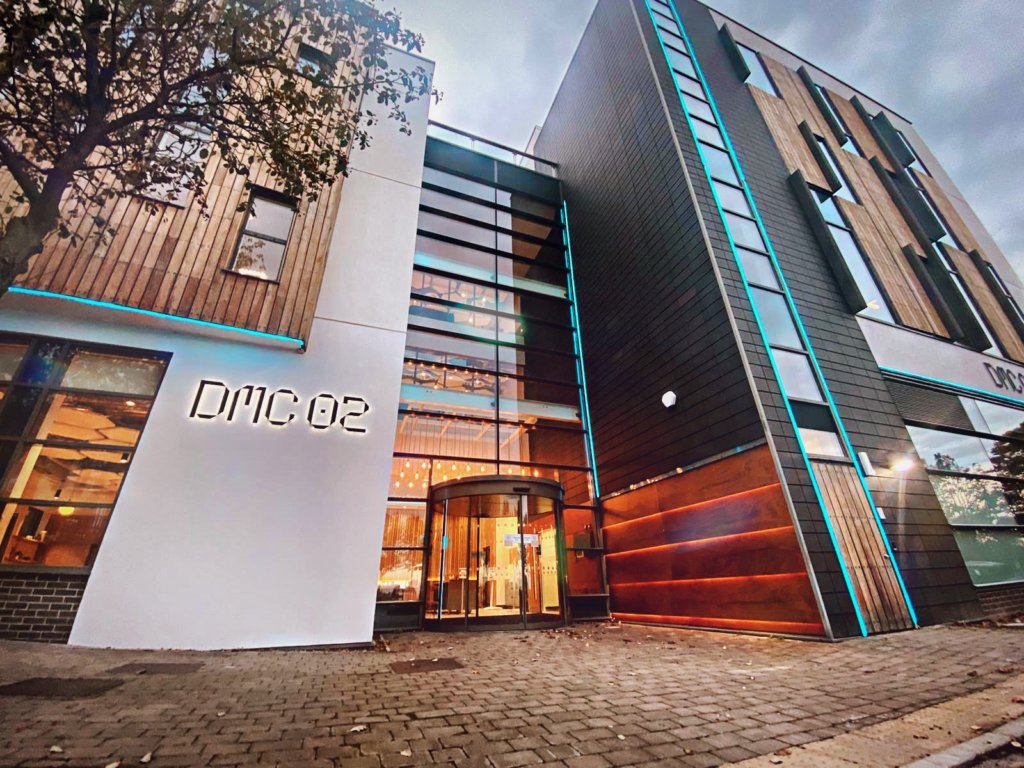
At this point, the workspace, called DMC, was a ghost town: government guidance was to work from home and the previously busy and buzzing tech hub lay partially shuttered, only providing the most basic of services and a plethora of warning signs, hand gel and a faint whiff of bleach. Across the road, DMC 02 was being developed to expand into larger workspaces but no one knew whether this would even be viable. Online, advocates for a permanent shift to homeworking filled social media with talk of a work style revolution. Large organisations and corporates slowly started to seriously rethink their presence in major cities across the world. When their staff could work from anywhere, why did they need a large, glitzy office that cut a deep hole into profit margins?
The Covid effect on place-based tech hubs
To say that the new enquiry was the lift that the DMC team needed is an understatement. It was also a tangible reassurance that the concept of a place for businesses to call home still mattered. Today, two years into a world with Covid, undoubtedly the nature of workspace and the market for it has changed substantially. There has been a seismic shift in how individuals, businesses and places work and, even as Europe navigates out of Omicron, it is clear that there won’t be a wholesale return to a pre-pandemic ‘normal’.
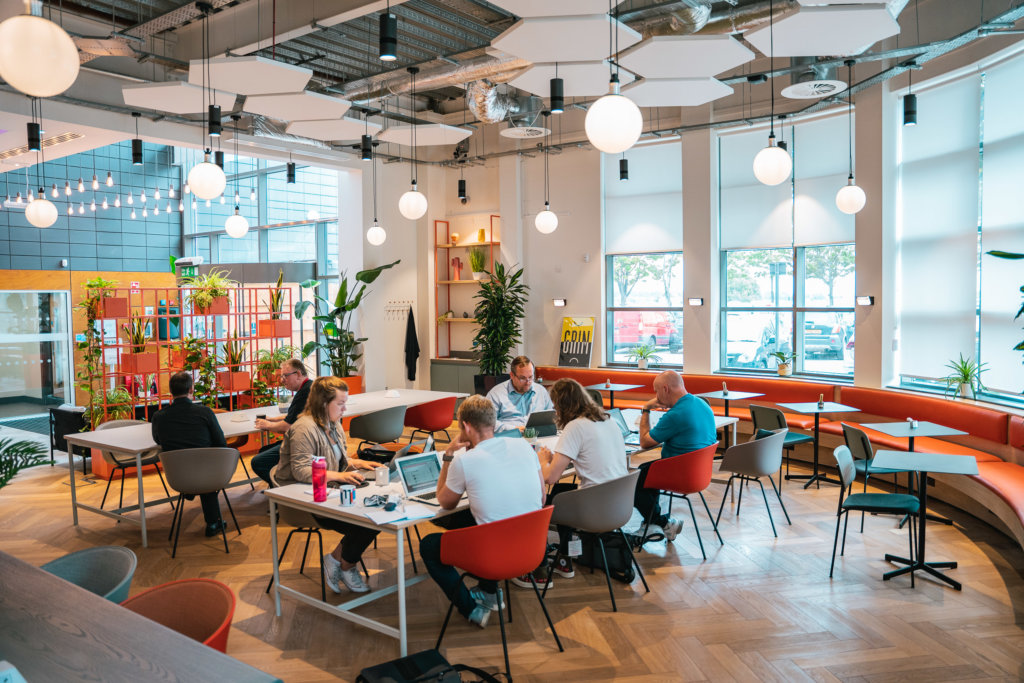
The pandemic also saw tech hubs and workspaces large and small respond to their communities – both the tech communities and beyond. The ‘maker’ community across Europe went into problem solving mode, laser cutting plastic visors and 3D printing mask holders, adjusters and anything else they could to help address the PPE supply problem. In Piraeus, Greece, the BlueLab really found its groove. This new city centre makerspace was inspired by the good practice Barnsley shared during the URBACT TechRevolution network. BlueLab’s PPE response sparked new relationships and opportunities with local partners. The way that many makerspaces responded to the crisis also showed to the uninitiated what purpose a makerspace and maker community can serve – something that can often be a bit outside of day-to-day business and entrepreneurship.
Europe’s largest tech campus, Station F, looked at ways they could serve their community of technology startups and maintain that connection. They launched a full digital service offer in 2021, designed to support anyone running events to take them online as well as moving their own programmes online. Acknowledging that they had previously only focused on delivering their events programme physically, this was a major channel shift requiring the leverage of a range of skills and facilities.
“When the first lockdown hit in March, we had to adapt our plans. Our goal was to keep providing resources and content to our startups during the lockdown. It wasn’t pretty at first, but as time went on, we improved and it made us realise that there are actually some key advantages going 100% digital.”
STATION F adapts its events
The Station F story is a powerful one; their agility and strong alignment with La French Tech, a national body set up to support growth in the French tech ecosystem, shines through their work and their Covid response. It’s a positive sign that the idea of a physical Campus still resonates.
Director Roxanne Varza identified in 2021 (read more here) that supporting another campus to develop elsewhere was one of the projects that defined their Covid year: “Many ask us if we are planning to franchise, invest in or buy additional campuses around the world. At the moment we are very focused on what we are building in Paris but this doesn’t mean that we cannot support similar projects elsewhere. This year, we tested consulting for an international campus that would like to learn from our playbook.”
Space for ‘curated serendipity’
There’s certainly a survivalist mentality at play in the tech ecosystem, and a recognition of the value of the physical workspace and the convening of people. There’s also undoubtedly something powerful in the ability to convene a community, and to be physically in the room with others enjoying what is best described as curated serendipity. Yet Covid meant that even that casual chat over a coffee had to be planned, organised and digitised. Whilst this offered a chance to perhaps meet and engage with a wider geographic community and even increase inclusivity for those not based in workspaces, it also meant you had to know who you wanted to talk to and connect with – no chance encounters or easy third party introductions. This makes for an exclusive approach, where connections are currency and those making them are in high demand.
Many venues, workspaces and hubs felt the pain of lockdown – companies vacated premises or scaled down operations. Sessional use for meetings and events ceased overnight and this is only now starting to increase again. How businesses use space has changed significantly: a meeting room has to function as private coworking space for the day that the 12 person business wants to all work together; a 50 person business only wants fixed office space for five Pl desks; the solo or two person early stage startup needs just a virtual office address and directing to the best advice – which they may access online as easily from another corner of the globe as the coworking space down the road.
Shared workspaces should seize new opportunities
People and businesses still desire a connection either for collaboration or supply chains, and place based tech hubs can still help to deliver that. At the same time, tech hubs and workspaces also need to work a bit harder. The high volume, high cost workspace model seen in many big cities is no longer as viable as it was two years ago. The bubble has burst and, where the norm is distributed teams, there’s an opportunity for the right kinds of spaces to pop up to accommodate those people and their work and these don’t need to be just in big cities … people live everywhere!
Back at the DMC in Barnsley, occupancy is back to pre-Covid levels, an overhaul of the meeting rooms to create more flexible work and meeting space is underway and DMC 02 is finding its feet with over half of the spaces let. That financial services tech startup has raised their first million, achieved regulatory approval and launched their app into the world. The workspace market has changed substantially but whilst the volume of enquiries is lower, the kinds of businesses we serve are much more aligned with the DMC’s creative and digital sector focus. Barnsley too is building a Digital Campus – not quite at the scale of STATION F, but ambitious nonetheless.
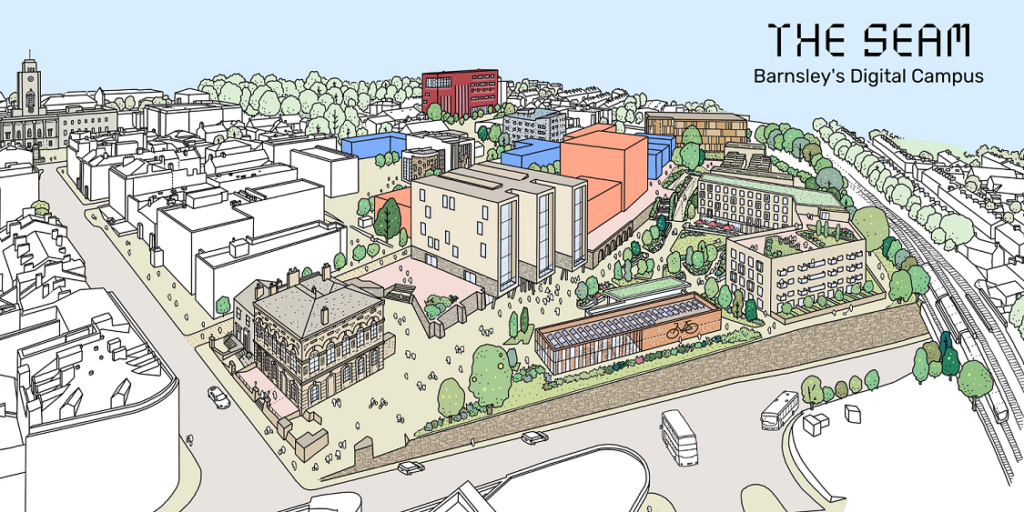
In October 2021, the DMC hosted the launch of a major regional programme led by startup experts Capital Enterprise. This first physical, large-scale event since March 2020 saw nearly 100 people gathered to chat, connect and learn. Keynote speaker Marta Krupinska of Google for Startups beamed in to share her thoughts on the world of tech and starting up. Her advice to the room resonated: when asked how best to find a co-founder and collaborators for a new tech company her response was simply ‘party together’.
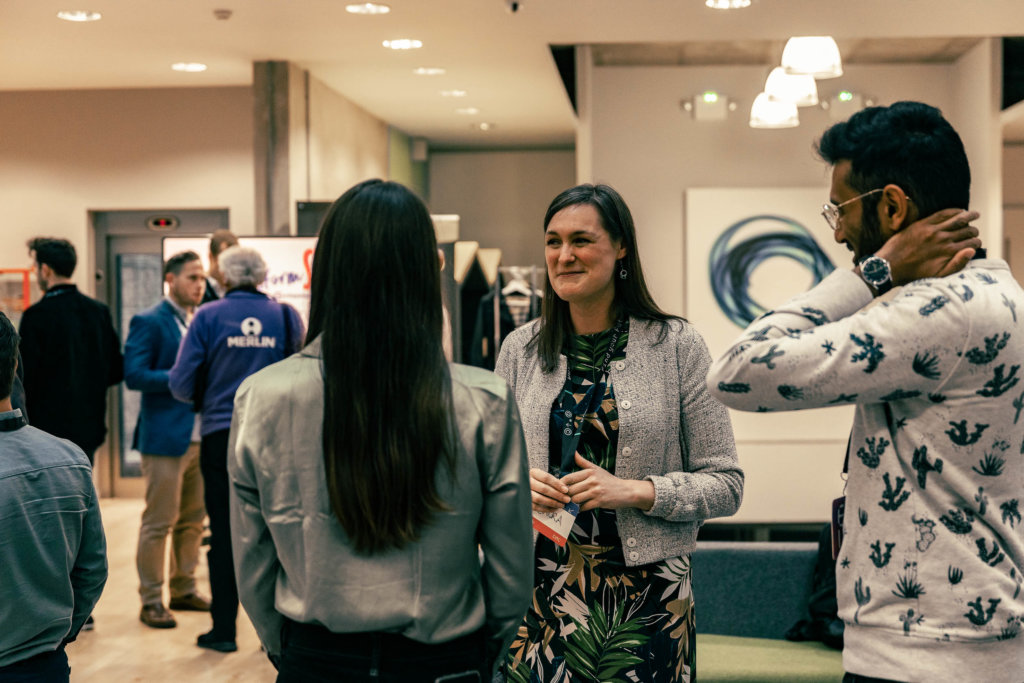
Much harder, and much less fun to do online!
Join the TechPlace project team for our event on 29 March 2022, ‘Tech Places – workspace, cities and a tech future’, where we will delve deeper into how cities can create the right places and spaces for tech entrepreneurs. Places are free and open to all. Register today!
Speakers include:
- Alexandra Santos, COO at Platform 6, Tampere, Finland
- Claire Dowds, GM at Ormeau Baths, Belfast, NI
- Tanya Suarez, CEX at BluSpecs and IoT Tribe, Madrid
- Alison Partridge, URBACT expert and founder of OneTech, London, UK

